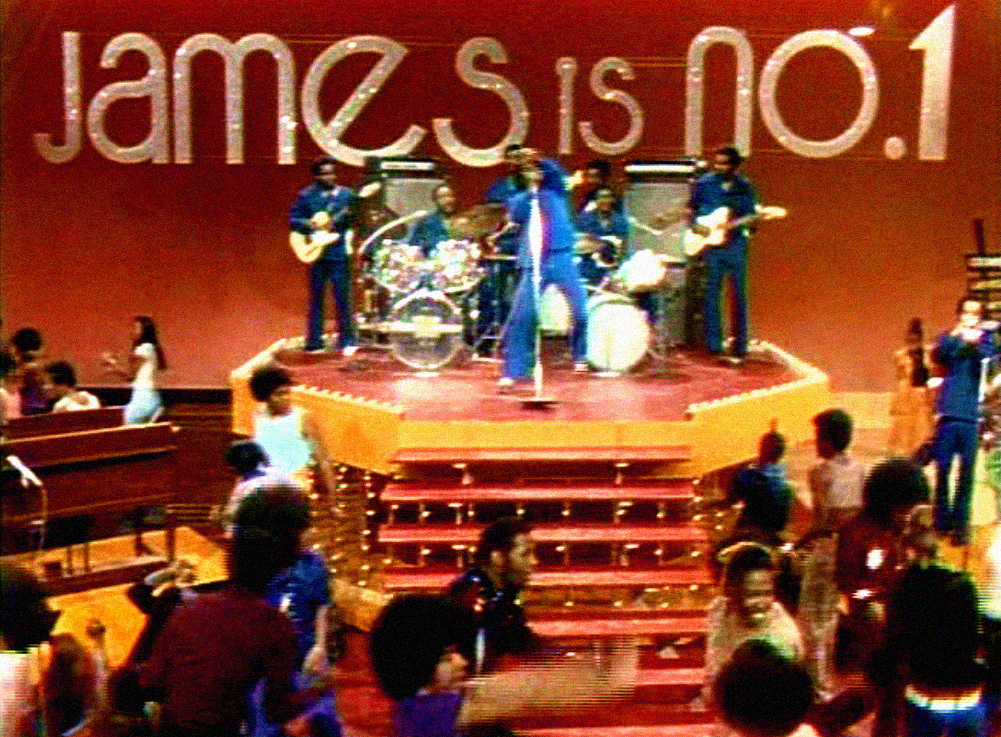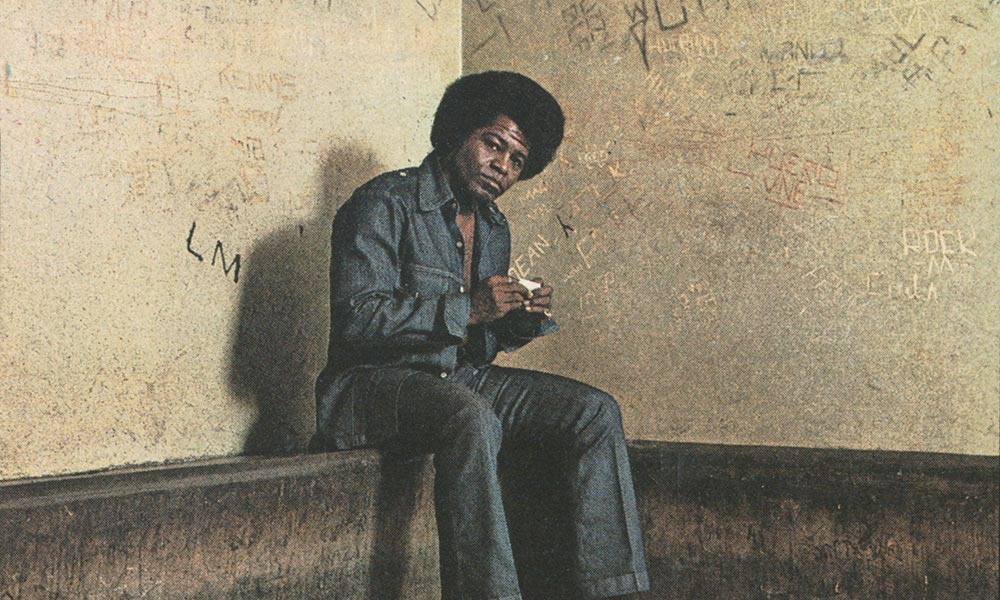“Because there had to be at least one James Brown track on this list — Godfather of Soul, Hardest Working Man in Show Business, Soul Brother No. 1 and a bunch more, I’m sure. Including I hope some reference to funk. He did invent funk, didn’t he? What do I know? I’m just some white guy from the suburbs. I’ll tell you what I know. I know that whatever it is we’re all doing here, this being alive, this ever expanding sustained chain reaction of possibilities that comes with breathing, moving, growing, learning, dreaming, DANCING — we’re doing it to death. And even death is no end, because trust that whatever happens (or doesn’t) after we die — the groove goes on, the song doesn’t end, we’re fated to life eternal. Not any of our mortal stuff obviously. That all plays itself out in time even if you go vegan, pump iron, take your vitamins – you are gonna die, your flesh is gonna rot. No it’s the immortal stuff I’m thinking about, the noise we make, the light we shine and reflect, the seeds we plant, and how they grow. By which I mean ideas, passions, commitments, sacrifices, songs – the grooves in particular. None of that stuff ever dies.

Which is all just an approximation of a pile of thoughts I had this past New Years (into 2001), while DJing on some unnamed island, monster sound system, high on some of the local shrooms — not hallucinating or anything, just elevated enough to see (and feel) that the crowd were finally at the point where they’d dance to anything. But what the DJ wants at such a moment, is to give them exactly the right thing. And there it was: The JBs’ Doing It To Death. Not even a James Brown album per say. He gave this one to his band, because who was he really without his JBs? The album itself kind of a rarity, my copy pressed in Germany, 1973, one of those records you spend a long time looking for. And yeah, the title track‘s the treasure that makes it all worth the trouble. Like the intro says, ‘Ladies and gentlemen, there are seven acknowledged wonders of the world. You are about to witness the eighth’. No clever DJ tricks required, just drop the needle, slay everyone in the room, give them eternal life. Call it a paradox. I won’t argue. We need more paradoxes.” (Philip Random)







